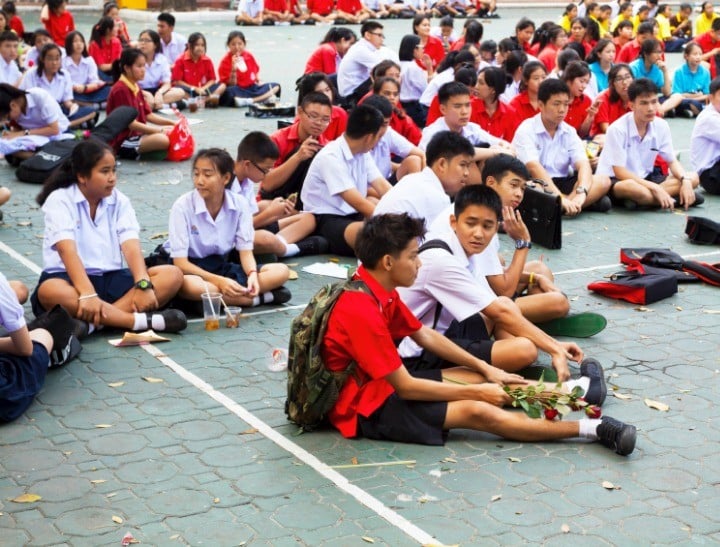
Teaching respectful relationships in the classroom will help prevent the next generation of domestic violence, as Senator Larissa Waters explains.
Teenage relationships may seem a lifetime ago, but I can still remember clearly the confusion and awkwardness of navigating them in those formative years.
In the uncertainty of some teenage relationships, controlling behaviours, such as partners checking text messages or vetoing clothing, can emerge without being recognised as wrong.
Young people cannot be expected to automatically develop an understanding of what constitutes a respectful relationship, especially when they are flooded with mixed-messages through entertainment, social media and peers.
And research shows some young people are sadly getting the wrong messages: A 2013 national survey found young Australians aged 16 – 24 were more likely than Australians generally to hold attitudes that support men having greater power than women in relationships.
We know that attitudes of gender inequality are conducive to a culture in which domestic violence, emotional and physical, can exist. This is why it’s so important that we work on shifting these attitudes in communities of young people before they can give rise to violence.
In solving our national domestic violence crisis, school programs are essential to preventing violence against women before it begins, with the hope that our next generation of adult partners and parents can live free of this national scourge. While some schools already have such programs in place, there are still many schools in need of them.
Related content: Why is this still happening in public schools?





























































































